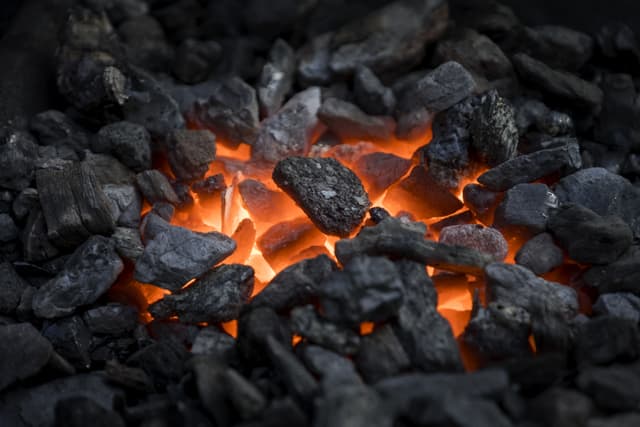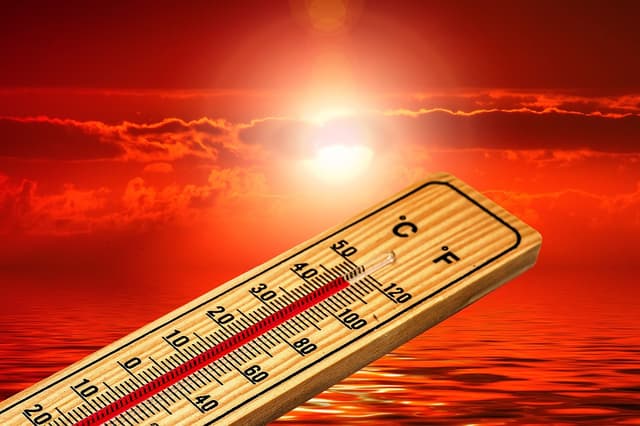Debating the use of electric cars (non-statutory)
I can debate the use of electric vehicles and their impact on the environment.
Debating the use of electric cars (non-statutory)
I can debate the use of electric vehicles and their impact on the environment.
These resources will be removed by end of Summer Term 2025.
Switch to our new teaching resources now - designed by teachers and leading subject experts, and tested in classrooms.
These resources were created for remote use during the pandemic and are not designed for classroom teaching.
Lesson details
Key learning points
- Traditional cars use petrol and diesel to make them move, whereas electric cars move using electricity from a battery.
- Carbon dioxide, emitted from petrol and diesel cars, is a greenhouse gas which contributes to global warming.
- Pure electric cars produce no carbon dioxide emissions when driving.
- Some cities have all electric public transport in order to lower carbon dioxide emissions and reduce air pollution.
- There has been public debate about the use electric of vehicles, with people on different sides citing pros and cons.
Keywords
Fuel - A fuel is something that can be used to generate heat or light..
Emissions - Emissions are materials released into the environment from a particular process.
Carbon dioxide - Carbon dioxide is a type of gas found in Earth's atmosphere.
Greenhouse gas - Gases which contribute towards global warming are called greenhouse gases.
Debate - A debate is a formal discussion in which opposing ideas are put forward and which usually ends with a vote.
Common misconception
There is an endless supply of fossil fuels on Earth. There are no downsides to electric cars.
Teaching slides will explain that fossil fuel is a finite resource. Children will have the chance to research the pros and cons of electric cars. Feedback slides will clarify these.
To help you plan your year 6 science lesson on: Debating the use of electric cars (non-statutory), download all teaching resources for free and adapt to suit your pupils' needs...
To help you plan your year 6 science lesson on: Debating the use of electric cars (non-statutory), download all teaching resources for free and adapt to suit your pupils' needs.
The starter quiz will activate and check your pupils' prior knowledge, with versions available both with and without answers in PDF format.
We use learning cycles to break down learning into key concepts or ideas linked to the learning outcome. Each learning cycle features explanations with checks for understanding and practice tasks with feedback. All of this is found in our slide decks, ready for you to download and edit. The practice tasks are also available as printable worksheets and some lessons have additional materials with extra material you might need for teaching the lesson.
The assessment exit quiz will test your pupils' understanding of the key learning points.
Our video is a tool for planning, showing how other teachers might teach the lesson, offering helpful tips, modelled explanations and inspiration for your own delivery in the classroom. Plus, you can set it as homework or revision for pupils and keep their learning on track by sharing an online pupil version of this lesson.
Explore more key stage 2 science lessons from the Changing circuits unit, dive into the full secondary science curriculum, or learn more about lesson planning.

Equipment
None.
Licence
Starter quiz
6 Questions

petrol or diesel
human movement
wind


Exit quiz
6 Questions






